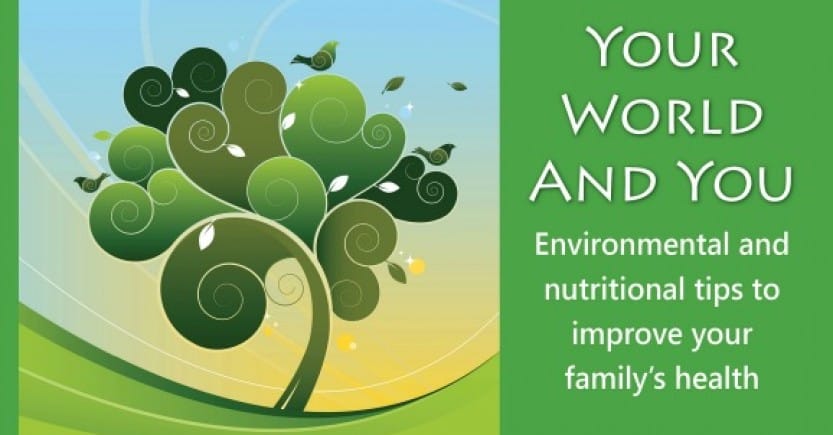Your World and You: Tips to Improve Your Family’s Health – Issue 20 (Premium)
Environmental and Nutritional Tips to Improve Your Family’s Health
This feature highlights reports, studies, and feedback from families on efforts that can make a positive impact in our quest for health. Topics we cover in this issue are included below. We invite you to share material with us that you think would be of interest to our readers.
Topics featured in this article:
- Weed-killing without the toxins
- Did you catch the news on artificial turf and cancer? That’s just the beginning
- Depression and wheat—the important connection
- “My Son Almost Lost His Mind From Strep Throat” An article on PANDAS in Cosmopolitan
- The truth: stimulant medication for ADHD often causes tics
- Can this one word really help reduce anxiety?
- Doctors are missing the mark in assessing and treating ADHD (Surprise!)
- Use of anti-anxiety drugs can increase risk of dementia
Weed-killing without the toxins
Winter is approaching for some of us, but in other areas our readers are looking at warm weather! We’ve often carried articles on the dangers of home pesticides. But what’s the alternative? The Natural Society has put together 10 tips to get rid of weeds “Monsanto free.” From boiling water to rock salt, there are tips you can teach your kids. (Well, maybe not the weed-torch technique!)
Did you catch the news about artificial turf and cancer? That’s just the beginning
NBC news highlighted concerns that high school soccer goalies were developing cancer at an unusual rate, with the suspect being artificial turf. The turf contains crumbs of rubber for softer landings, and the goalies are the most likely players to breathe them in and come in physical contact with these crumbs.
Some groups, schools, and universities have started to ban artificial turf. See here.
Turns out it’s not just the potential for cancer that we should be concerned about. The Environment and Human Health, Inc. provides detailed information on these little crumbs and the adverse affect exposure can cause.
Read their articles with the links below; the final one has a summary of their findings.









